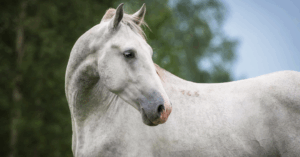
Gastro Pellet: Stomach Well-being Starts in the Mind
Anyone who spends every day around horses knows it well:…
Feed and products in 25kg bags excluded
Bank transfer | Paypal | Credit cards

What can you do to prevent* colics in horses?
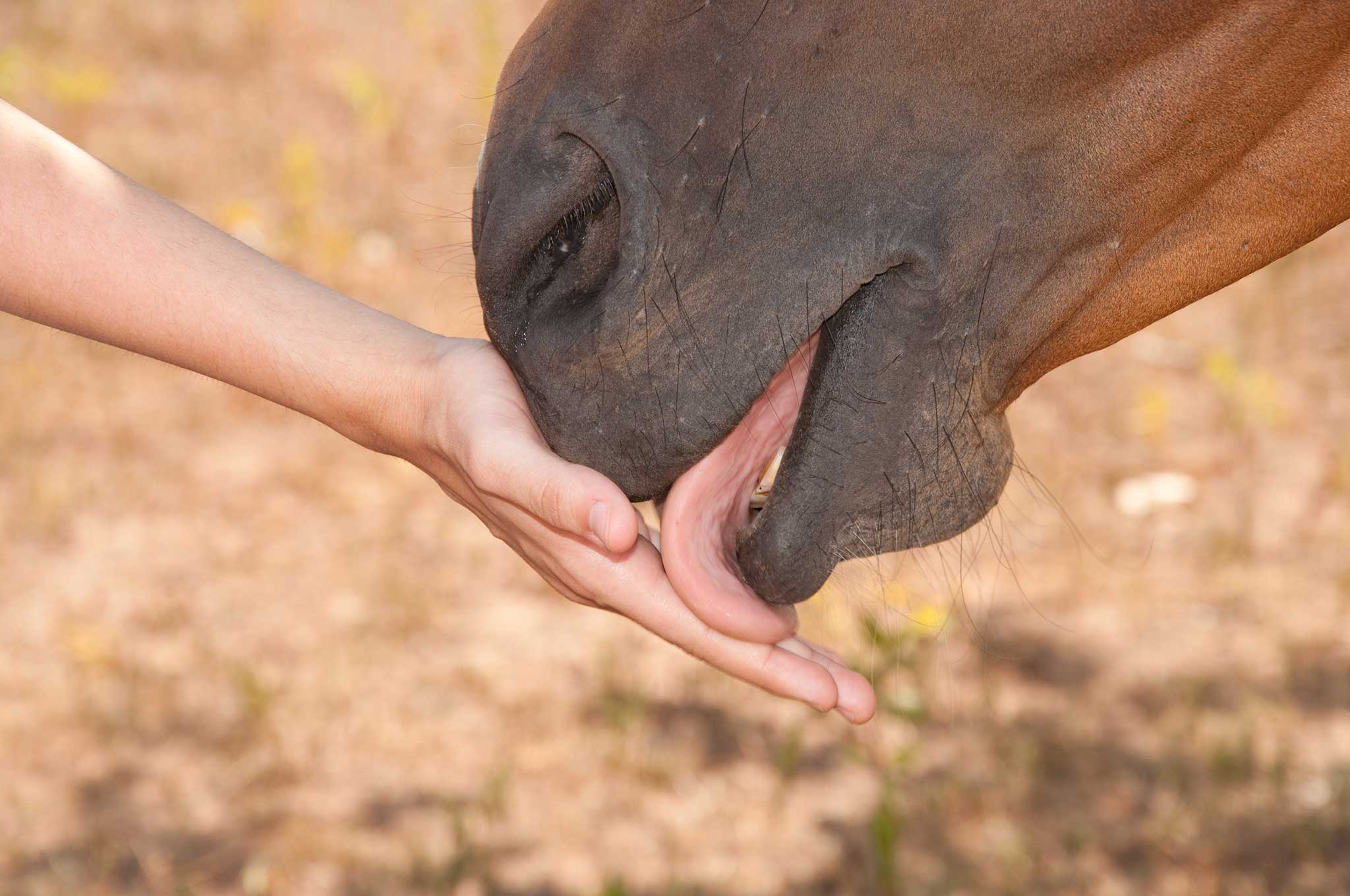
Since the equine intestinal system is highly sensitive, horses are extremely likely to have colic, especially during season changes. Here are 3 tips to prevent such potentially severe disorder:
Lack of drinking water can lead to dehydration, which affects the digestive system. Dehydrated horses produce harder faeces and their intestinal transit is consequently slower. It is, then, fundamental to make sure your horse always has fresh clean drinking water at its disposal and that water doesn’t freeze inside the drinking trough during winter. Providing your horse with the proper amount of water is particularly significant during summer and long transports. But what if your horse doesn’t feel like drinking? If you notice that your horse tends not to drink enough water, feed him with highly liquid mashes, so that it will be forced to eat and drink simultaneously, or add some electrolytes providing salts of sodium (Na), chlorine (Cl), magnesium (Mg), calcium (Ca) and potassium (K) to its daily ration to stimulate thirst.
Diet directly affects your horse’s well-being and digestive tract, which is quite sensitive. Any change in diet could affect intestinal transit and, therefore, needs to be planned carefully. Consulting a nutritionist is, indeed, fundamental to re-examine your horse’s diet and any change should be done gradually over a 20-day period of time.
Providing probiotics during season changes can be very useful, for probiotics stimulate intestinal peristalsis and, therefore, help avoid intestinal stasis. Probiotics are, indeed, fundamental for intestinal well-being, for they keep intestinal flora healthy and alive, thus ensuring proper movement of food material through the intestines. If constipation is suspected, do not administer magnesium sulphate for, if there is an ongoing intestinal torsion, administering laxatives, such as magnesium sulphate, leads to a worsening of the clinical picture.

Anyone who spends every day around horses knows it well:…
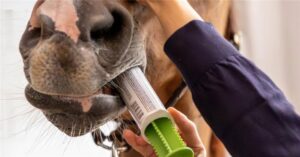
Intestinal parasites are a common and often underestimated problem in…

As September approaches, the quality and nutritional composition of pastures…
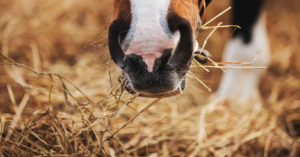
As September approaches, the quality and nutritional composition of pastures…
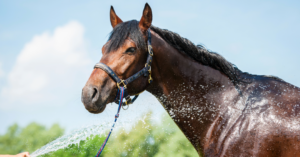
With the arrival of warmer weather, the competition calendar gets…

The importance Assessing your horse’s physical condition and determining whether…